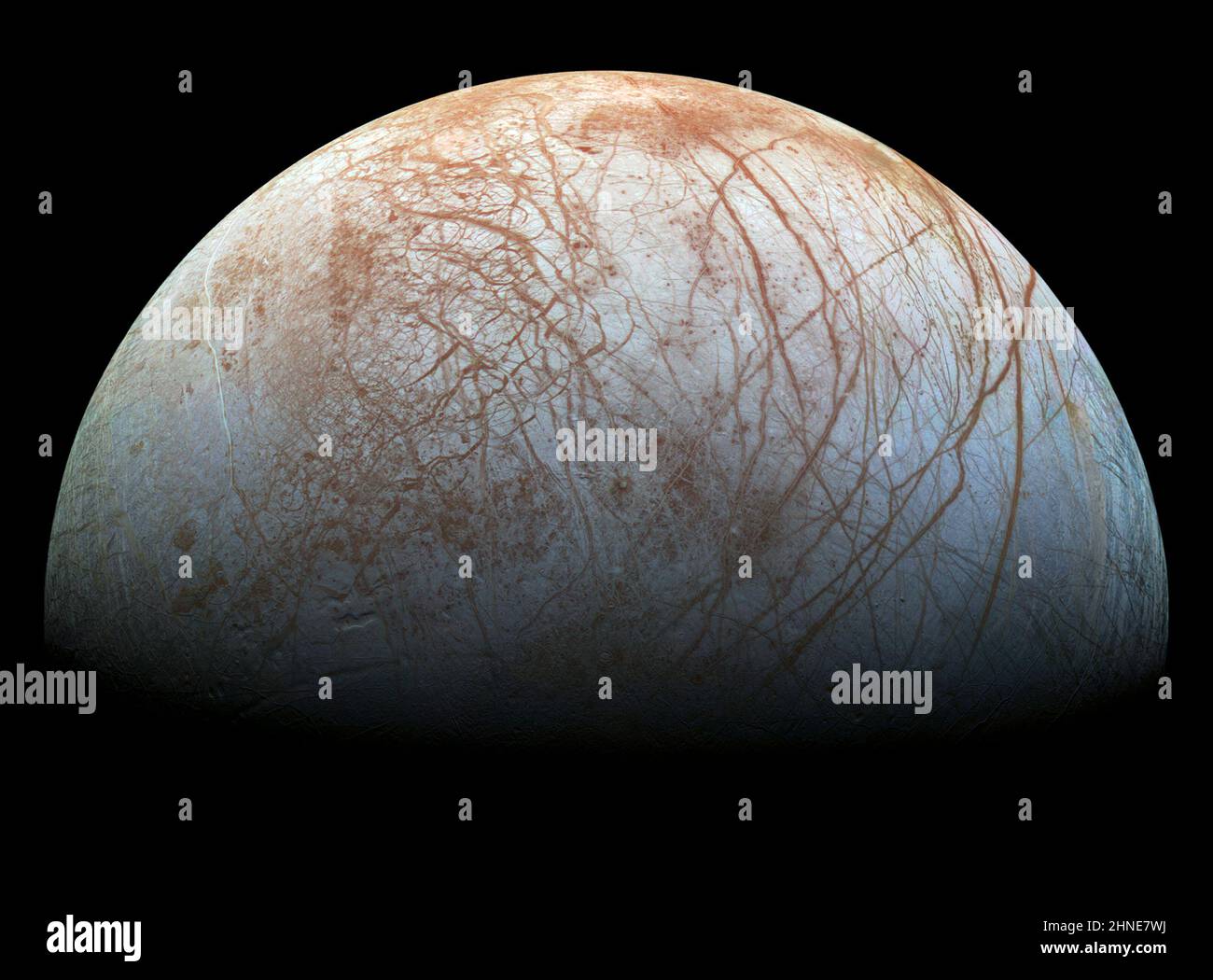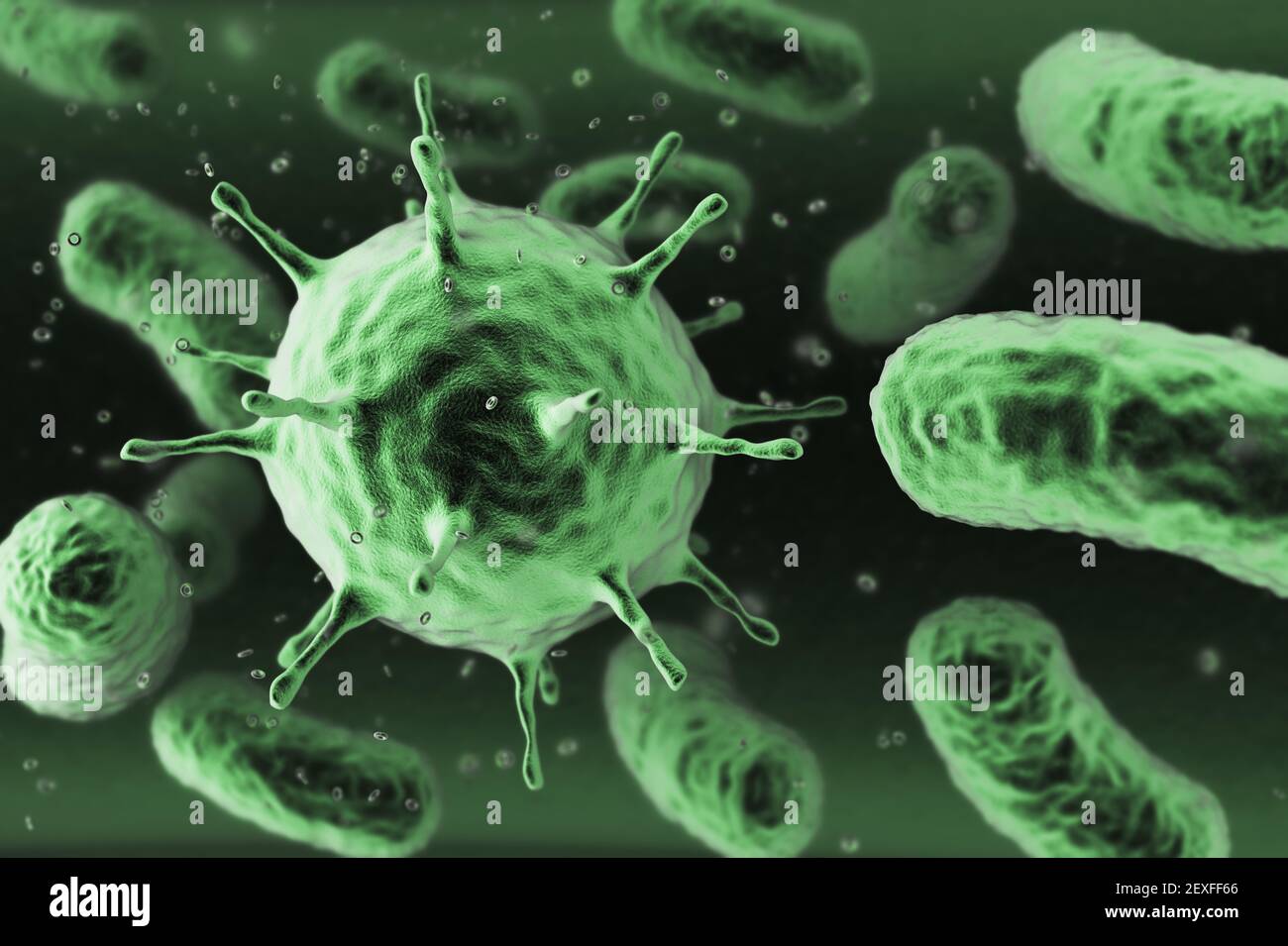Could Microbial Life Be the Key to Unlocking the Universe’s Biological Secrets?
The discovery of microbial life, particularly in the icy oceans of Europa or Enceladus — two of Saturn’s and Jupiter’s moons, respectively — would have profound implications for our understanding of life’s prevalence in the universe. More than that, it could hold the key to answering a question that has intrigued scientists for decades: Is abiogenesis, the process by which life arises naturally from non-living matter, a common phenomenon in the cosmos?
The identification of even a second location in our solar system where abiogenesis has occurred would have dramatic consequences. It could bolster the theory that life is not unique to Earth, but rather an inevitable byproduct of organic chemistry throughout the universe. This would mean, quite literally, that we live in a microbial universe, where simple forms of life may be ubiquitous and scattered across not just our solar system, but potentially the entire cosmos.
What Could the Discovery of Microbial Life Mean?
If we were to uncover microbial life in the oceans beneath the icy crust of Enceladus or Europa, it would strongly imply that life has arisen not once but twice within the span of our single star system. Consider the implications: if life has emerged twice in such a limited sample of the universe, it becomes increasingly likely that life could exist elsewhere — perhaps all over the universe. This would fundamentally shift our understanding of the likelihood of life’s emergence on other planets, dwarfing previous estimates.
More importantly, if abiogenesis has occurred both on Earth and elsewhere in our solar system, then chances are high that life’s beginnings might be a natural consequence of certain environmental conditions. Rather than something rare or extraordinary, life could be an expected outcome of common chemical processes. In such a context, many of the long-standing religious, philosophical, and scientific questions surrounding the nature of life would need to be revisited.
“The likelihood of life arising elsewhere in the universe skyrockets if it’s found, even in microbial form, in another corner of our own solar system.”
Microbial Life and the Search for Intelligent Civilizations
What does this mean for the search for intelligent life in the universe? If microbial life is discovered within the solar system — even if confined to relatively simple organisms — many scientists would interpret this as strong evidence that more complex forms of life, including intelligent species, could easily arise elsewhere. The probability that we are alone in the universe would dramatically decrease, putting even more emphasis on initiatives such as SETI (the Search for Extraterrestrial Intelligence), which scours the universe for radio signals and other indicators of alien civilizations.
As someone heavily involved in technological and scientific explorations, I’ve always been a firm believer in evidence-based research (see prior posts on cosmic discovery like the BLC1 signal as an example). The prospect of discovering microbial life fundamentally alters the stakes. If life arose multiple times within our solar system, chances are other forms of life, including intelligent civilizations, could have evolved elsewhere in our galaxy. At that point, locating such technology or evidence of these civilizations becomes even more critical.
Given my background in AI, machine learning, and technological analysis, there is a fascinating parallel between how we understand the development of life and the advancement of technology. As AI continues to advance and makes strides in emulating human reasoning (as discussed in previous posts on AI reasoning), we similarly seek to understand how organic chemistry leads to life without conscious design guiding the process. Simply put, are microbes and artificial intelligence both destined outcomes of their respective systems, whether through natural or synthetic means?
Is Life an Inevitability of Organic Chemistry?
At its core, the real question is: Is life an inevitable result of organic chemistry, or is it something much more exceptional? Some scientists postulate that certain environmental conditions — the presence of water, heat, and organic molecules — might make life a virtually guaranteed outcome over long timescales. Planets and moons with high moisture content, volcanic activity, or chemical-rich oceans (like Europa and Enceladus) may be key candidates for the spontaneous development of life forms.
| Abiogenic Factors | Possible Locations | Chemical Implications |
|---|---|---|
| Water Ice | Europa, Enceladus | Indicates the presence of conditions necessary for organic chemistry |
| Hydrothermal Activity | Europa | Potential for heat-driven chemical reactions, similar to Earth’s early oceans |
| Organic Molecules | Titan, Mars | Basic building blocks of life available |
Interestingly, these ideas align with several other scientific theories I’ve covered, including Wolfram’s Theory of Everything, which suggests that the universe follows simple computational rules. If life is a natural product of these rules — linked by shared chemistry and physics across the cosmos — then one could argue that life’s emergence might be as predictable and inevitable as any other natural process.
Looking Forward: Implications for Future Space Exploration
How we interpret the results of future searches for microbial life will likely decide how we approach cosmic exploration for the next generations. Missions already in motion, such as NASA’s Europa Clipper, aim to look for life-supporting conditions on Jupiter’s moon. Whether they find definitive proof of microbial life or not, these missions will shape scientific discussions for years to come.
For someone like myself, who deals with complex systems in artificial intelligence and cloud infrastructures, the parallels between AI and biological intelligence fascinate me endlessly. If life is indeed as common as basic computer simulation suggests — just a byproduct of organic chemistry under the right conditions — understanding this will shape our approach across multiple sciences, from chemical engineering to cosmology.
What lies ahead for microbial discovery may very well redefine our understanding of the cosmos — and by extension, our place within it. Ultimately, I believe that discoveries within our own star system could fuel the relentless pursuit of one of humanity’s longest-standing questions: Are we truly alone?
Conclusion
If microbial life turns out to be widespread in our solar system, the ramifications are immense, not only for biology and chemistry but for our larger understanding of planetary systems, cosmology, and physics. It might signal that life is a fundamental aspect of the universe, eagerly awaiting discovery or even more advanced forms eager to discover us. This would cascade new explorations, making the search for intelligent life even more pressing and a subject of ever-greater scientific and philosophical inquiry.
Focus Keyphrase: microbial life in the universe

